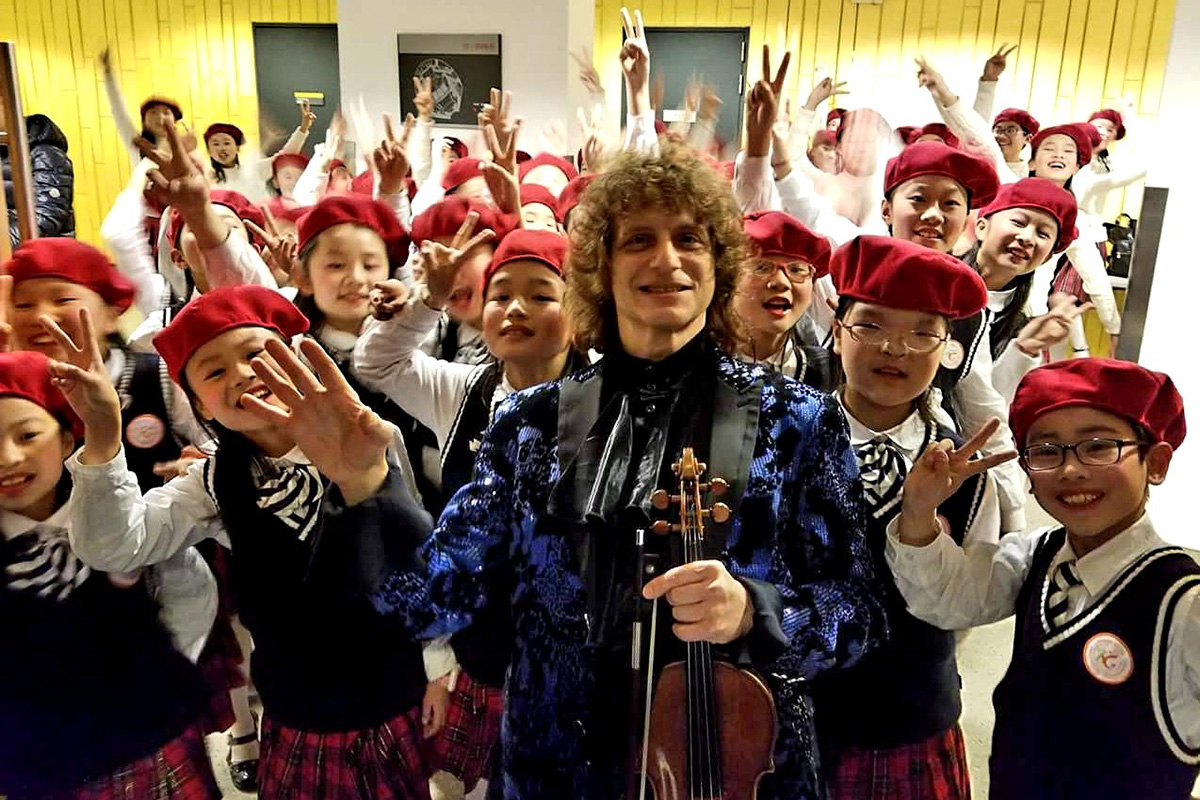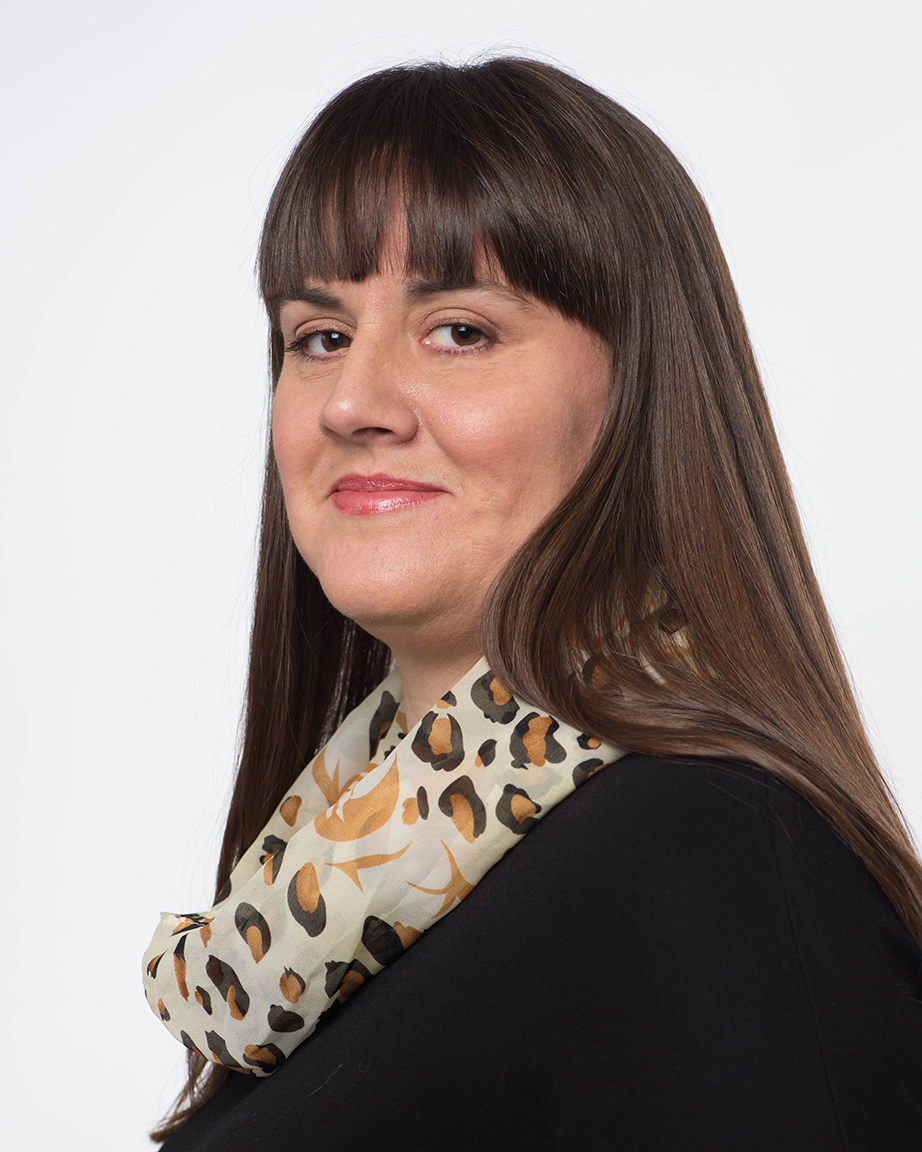Alexander Markov has wielded his “jewel of a traditional violin,” a 1970 Sergio Peresson, as a willing conduit of the concertos that pour through his fingers hundreds of times in dozens of venues
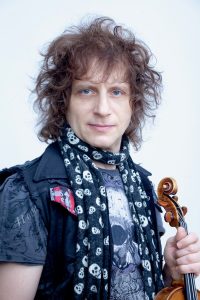
across the world—from Manhattan and Philadelphia to Berlin, London and Turkey. The Russian-born violinist has soloed for some of the world’s most celebrated orchestras, including the Philadelphia Orchestra, the BBC Philharmonic, Orchestre de Paris, the Montreal Symphony, Budapest Festival Orchestra and the Mostly Mozart Festival Orchestra.
He has played under the direction of such concertmasters as Lorin Maazel, Franz Welser-Möst and Iván Fischer and has shared stages with notable classical luminaries like Martha Argerich for decades.
Now, he’s headed to Mississippi.
On Feb. 26, the North Mississippi Symphony Orchestra welcomes Markov to Tupelo, Miss., where he will play at Link Centre Concert Hall (1800 West Main St., Tupelo) for his seventh concert with the organization, “Magnificent Markov.” During the show, the soloist will perform a series of works that showcase the breadth of violin expression as a single program without intermission.
These arrangements include Mozart’s “Overture to The Marriage of Figaro, K. 492,” Camille Saint-Saëns’ “Introduction and Rondo Capriccioso in A Minor, Op. 28,” Prokofiev’s “Symphony No. 1 in D Major, Classical, Op. 25,” selections from Vivaldi’s “The Four Seasons,” Jules Massenet’s “Méditation from Thaïs” and Pablo de Sarasate’s “Zigeunerweisen (Gypsy Airs), Op. 20.”
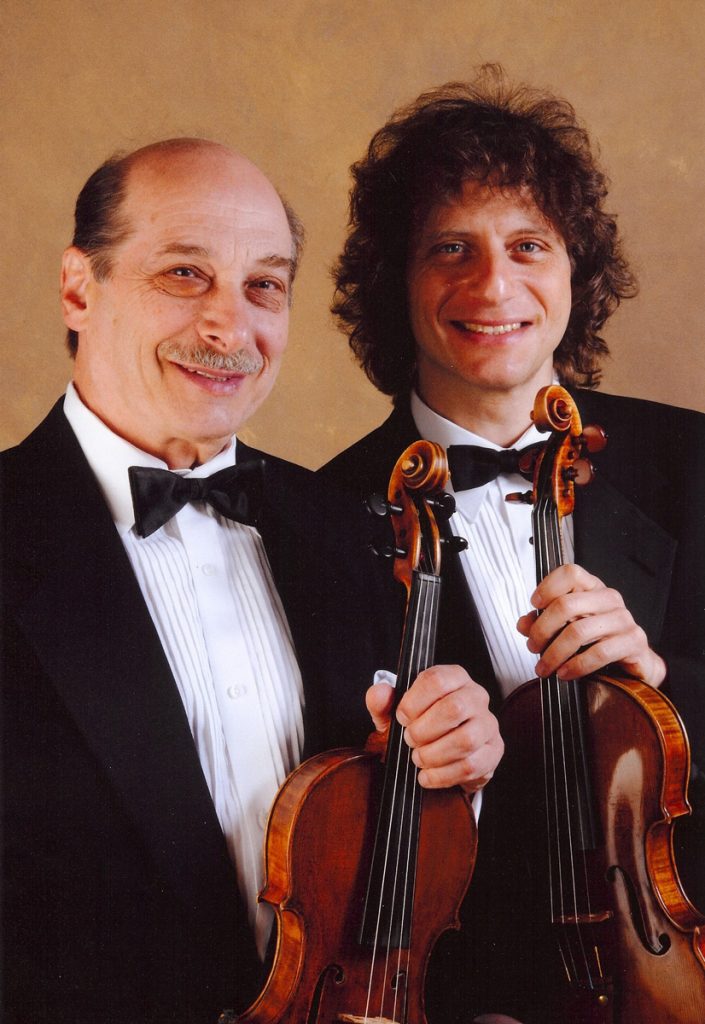
An Inheritance of Musicianship
Born in Moscow to world-class concert violinists Albert and Marina Markov, Alexander Markov has studied violin nearly his entire life, starting at 5 years old and playing alongside his father. By the time he was 8, Markov was already appearing as a soloist with orchestras and in double violin concertos with Albert. The father-and-son team still performs together in duo-program repertoire in concert halls worldwide.
In the late 1970s, the Markovs emigrated to the U.S. where Alexander attended high school. At age 16, he made his New York debut at Carnegie Hall and performed under the direction of Christoph Eschenbach, who conducted the Mostly Mozart Festival Orchestra at Avery Fisher Hall. The budding virtuoso later won a gold medal at the Paganini International Violin Competition, earned an Avery Fisher Career Grant in 1987 and recorded with Erato Records. Markov gained further favor within classical music circles for his take on Paganini’s 24 Caprice for solo violin.
Renowned American-born violinist and conductor Sir Yehudi Menuhin wrote: “He is without doubt one of the most brilliant and musical of violinists. … Alexander Markov will certainly leave his mark on the music lovers of the world and in the annals of the violin virtuosi.”
Under his father’s tutelage and influence, classical music became his first love, but Markov then heard rock ‘n’ roll and has also been nourishing his inner rock star ever since. “I absolutely fell in love with rock,” Markov says. “Unlike many concert musicians who want to play a known classical work, I want to create and compose my own music. I didn’t want to simply cover others’ music; I want to improvise and blend rock and classical genres.”
Markov grew fascinated with the throbbing melodies that guitarists such as Jimmy Page, Jimi Hendrix and Eddie Van Halen created. Having found a life’s calling, the composer sought the tools he needed to properly shape it.
“I noticed how much the violin and the guitar were similar musically, and I decided to create something fresh and exciting,” he told the Mississippi Free Press.
Fellow musician James V. Remington designed Markov an electric six-string electric violin (violins normally have four strings: E, A, D and G) to add depth to the lower register. Barry Lipman subsequently created the instrument from Remington’s drawings, tweaking the specifications to exactly match Markov’s needs and plating the instrument in 24-karat gold to add warmth to the tone.
“It sounds beautiful, but I also wanted it to look the part,” Markov said with a laugh.
The composer refers to this fusion of classical music and rock as “Rock Concerto,” and he delivered his U.S. debut of the newly invented genre at Carnegie Hall in 2010, with friend and concertmaster Steven Byess conducting the event.
Feeling at Home in Tupelo
Byess, music director of the North Mississippi Symphony Orchestra, has known Markov for more than 20 years. During a rehearsal early in their relationship, Markov’s mastery of his craft managed to stun Byess into silence.
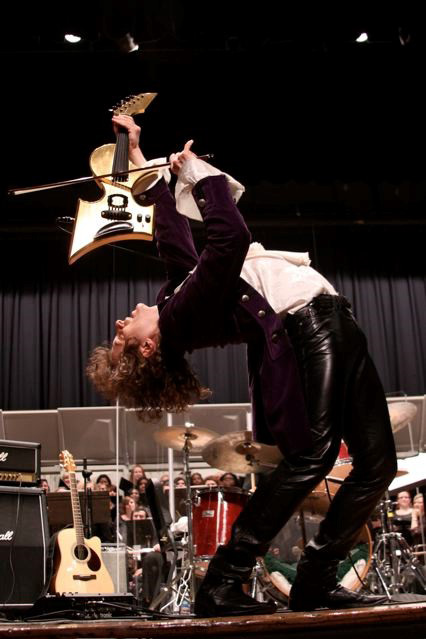
“I asked Alexander, as a conductor often does, what concerti he could have ready for the upcoming performance,” Byess said. “He looked at me for a few seconds and without a trace of irony—and with utmost humility—answered: ‘All of them.’ He’s superhuman. I look at the effortless elan, his virtuosity, grace and musicianship, and I ask myself, ‘How he does all that on a violin?’”
Markov’s fervor for musicianship further cemented his respect for the violinist.
“Alexander is the kind of performer who is passionate about his music and sharing it with young people,” he said. “He goes out with me to local schools at 8 a.m. when most musicians are still fast asleep and plays his violin perfectly during first period assembly, without a warm-up.”
That esteem is mutual, as Markov, despite being a seasoned world traveler, holds Tupelo and the NMSO dear to his heart.
“It’s like a homecoming for me,” he says. “Steven (Byess) is right at the very top of the world’s greatest conductors. He knows how to make an ensemble, and he is not just a master of tempo, but also brings the soloist’s musical vision to the orchestra, which is very rare.”
Appropriately, the NMSO is a rarity among orchestras, as the majority of its members live outside of Tupelo. Musicians drive in to play from Alabama, Tennessee, Arkansas and areas of Mississippi beyond Tupelo. Byess believes that this model allows his orchestra to be more creative, flexible and spontaneous—expanding and condensing its roster as the music dictates rather than offering only pieces that require full orchestras.
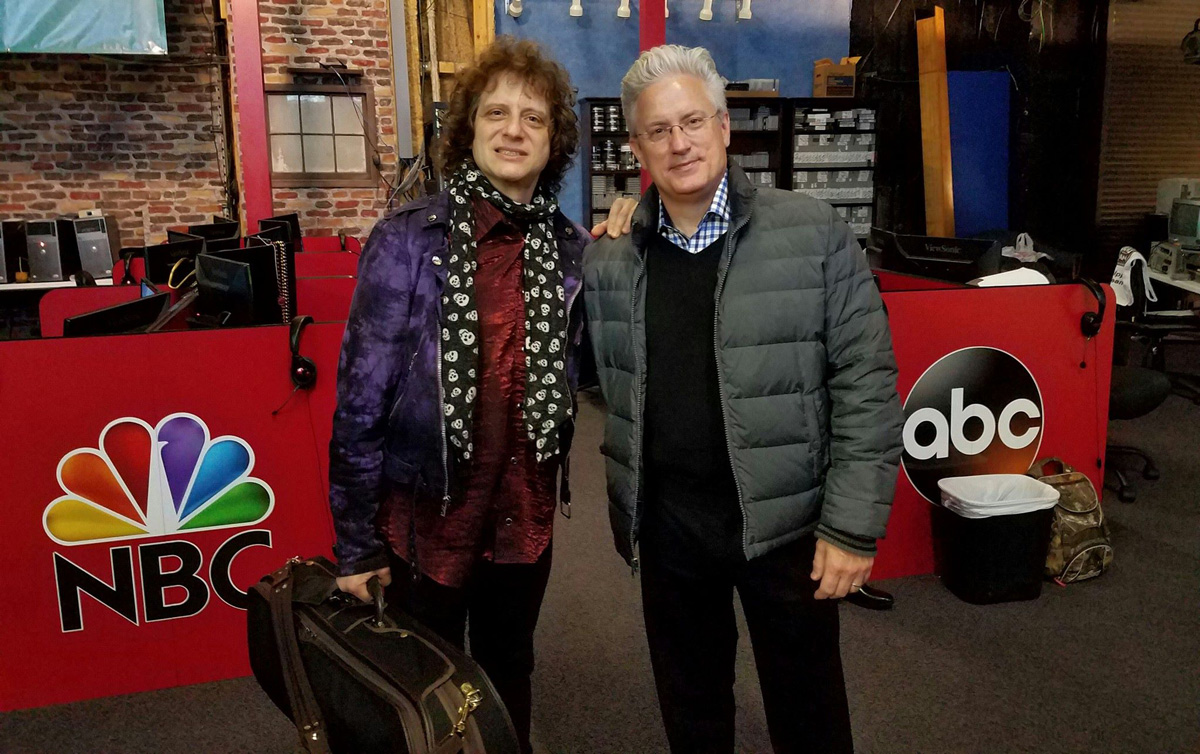
“I’m so excited every time I set foot in Tupelo,” Byess, who currently lives in Los Angeles and commutes to performances, enthused. “We collaborate so well. We bring in world-class soloists, and it elevates everything we do.”
Byess also serves as music director for the Portland Columbia Symphony Orchestra in Oregon and the Arkansas Philharmonic Orchestra. He is the associate music director of the Ohio Light Opera, where he has conducted repertoire ranging from well- to little-known operas and operettas to blockbuster classic American musical-theater works. Walt Disney World Entertainment selected Byess to conduct the 2000 NFL E*TRADE Superbowl Halftime show, where he performed for a television audience of more than 88 million fans.
The NMSO rehearses together while employing COVID safety protocols before each performance, and some musicians use special masks with slits in them to play their instruments.
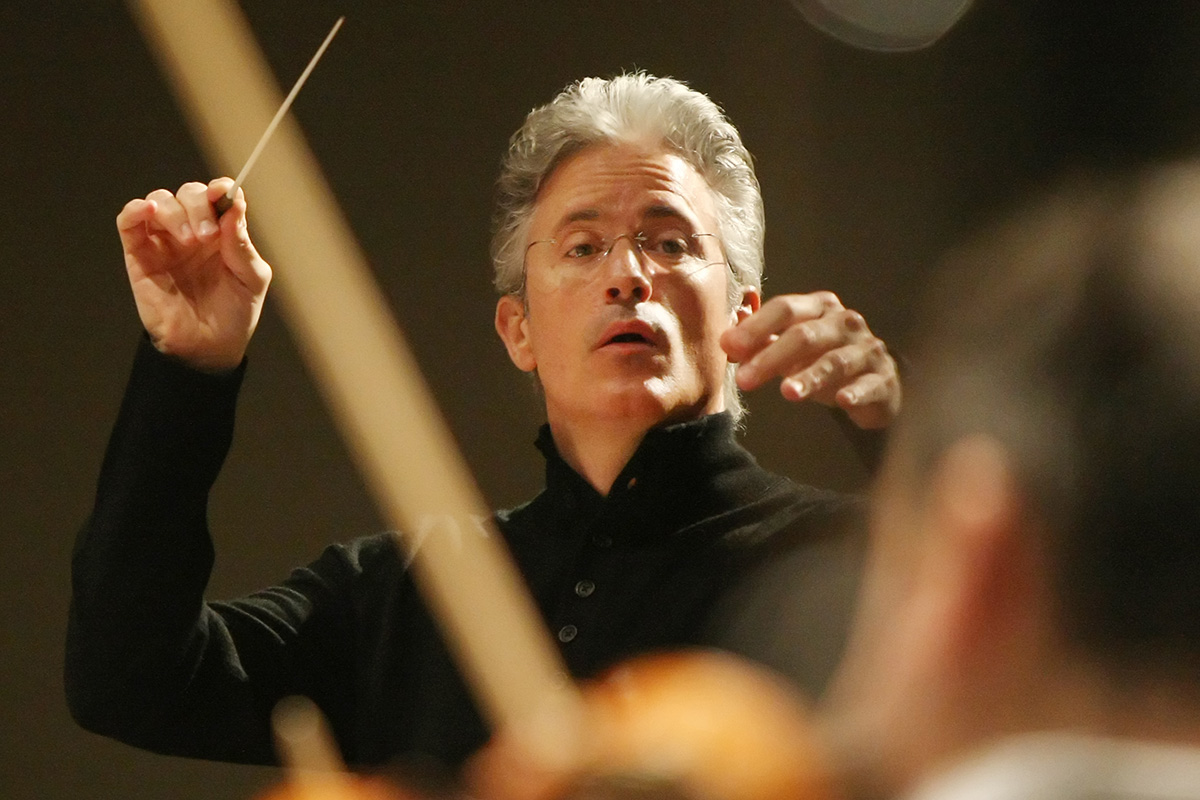
Upcoming NMSO Programs
Ever the firm believer in collaboration, Byess builds unique programs that span cultural, racial and age backgrounds. “For our 50th season this year we have several really amazing concerts lined up,” he says. On March 26, the symphony will partner with the Japan-America Society of Mississippi to present “Radiant Beauty” wherein pianist Miki Sawada will play Tchaikovsky’s Concerto No. 1 and Brahms’ Symphony No. 2 as part of the North Mississippi Cherry Blossom Festival.
On April 30, NMSO presents former NMSO Concertmaster Er-Gene Kahng, who will perform the recently discovered Violin Concerto No. 2 of Arkansas-native composer Florence Beatrice Price, the first African American woman to be recognized as a symphonic composer and the first to have a composition played by a major orchestra. The program also features the Itawamba Community College Chorus, Northeast Mississippi Community College Chorus and the NMSO Children’s Chorus.
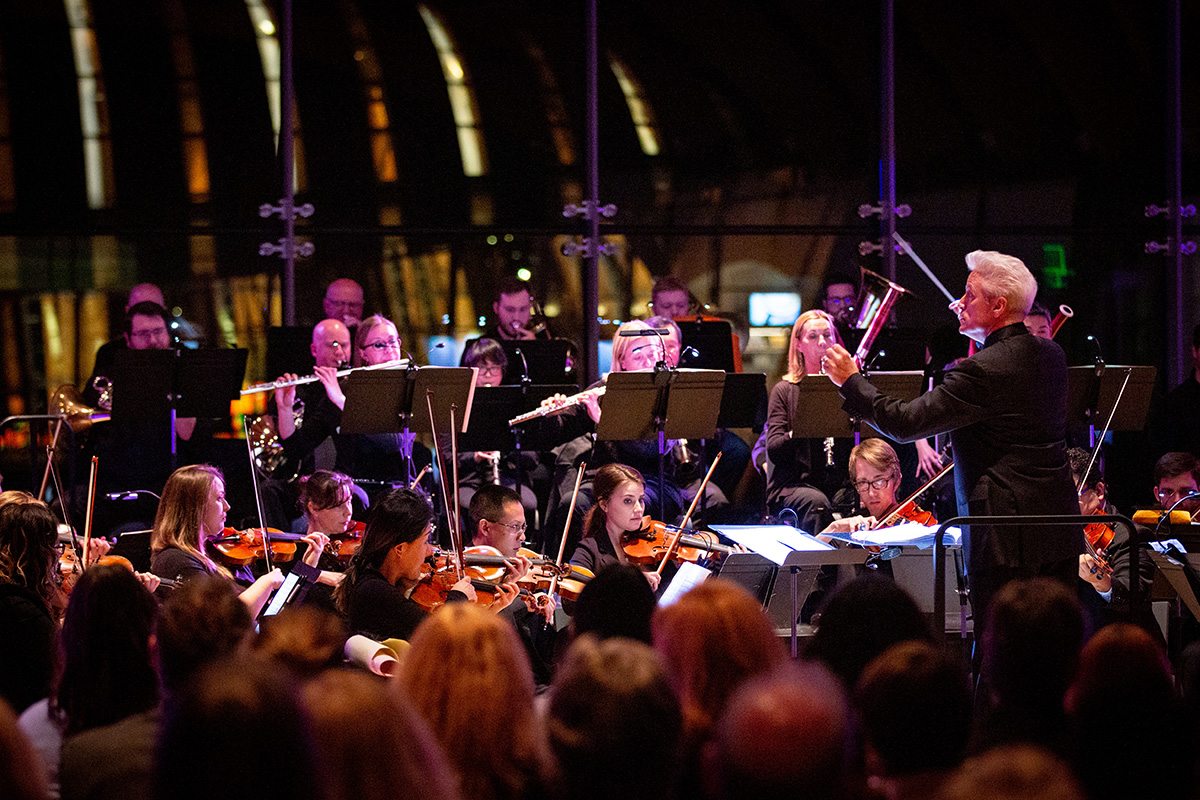
The season concludes on May 21 with “Exquisite Musical Landscapes.” Grammy-award winner Jason Vieaux returns on guitar for his third appearance with the NMSO to perform Spanish composer Joaqun Rodrigo’s Concierto de Aranjuez. The orchestra is featured in three musical showpieces, two by French and Russian composers depicting the exotic culture of Spain, and a beautiful new work from Australian composer Maria Grenfell that is a musical evocation of the landscape of Tasmania. This show was originally scheduled for January 2022 but was postponed due to COVID concerns.
“Magnificent Markov” begins at 7:30 p.m. on Saturday, Feb. 26, 2022, at Link Centre Concert Hall (1800 West Main St., Tupelo). General admission is $30, and students can present valid student IDs to attend for $10. Masks are required. For more information on NMSO, visit nmsymphony.com. Visit AlexanderMarkov.com to learn more about the headlining artist.

